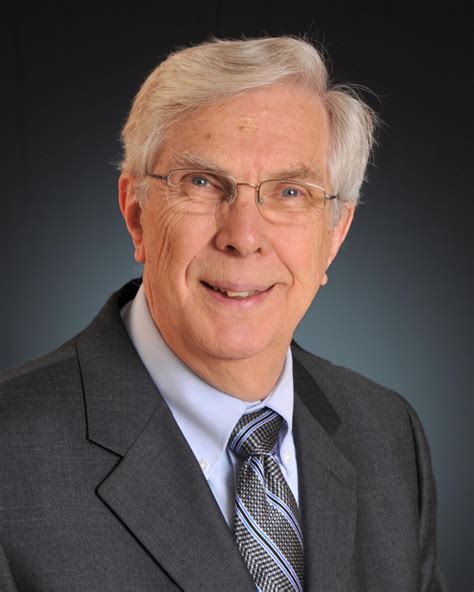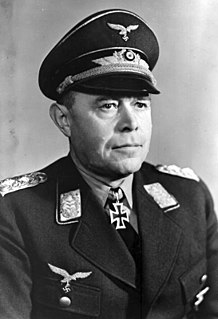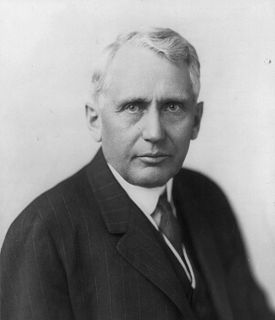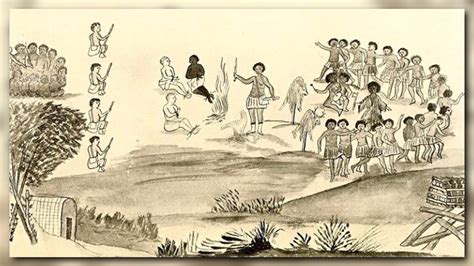A Quote by Shehbaz Sharif
History has proved that the most ardent enemies have settled their differences through talks and not war.
Related Quotes
In the middle of the nineteenth century, the United States embarked on a new relationship with death, entering into a civil war that proved bloodier than any other conflict in American history, a war that would presage the slaughter of World War I's Western Front and the global carnage of the twentieth century.
We do not seek the unanimity that comes to those who water down all issues to the lowest common denominator - or to those who conceal their differences behind fixed smiles - or to those who measure unity by standards of popularity and affection, instead of trust and respect. We are allies. This is a partnership, not an empire. We are bound to have differences and disappointments - and we are equally bound to bring them out into the open, to settle them where they can be settled, and to respect each other's views when they cannot be settled.
As we have sought through the centuries to define ourselves as human beings and as nations through the prisms of history and literature, no small part of that effort has drawn us to the subject of war. We might even say that the humanities began with war and from war, and have remained entwined with it ever since.
































